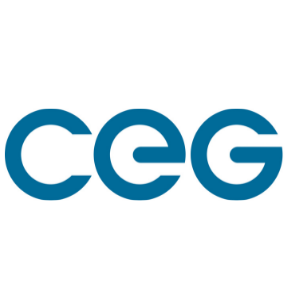Crude oil prices began the week on an upward trend, with an increase of over $1 per barrel. This rise followed news that OPEC+ had decided to postpone its planned partial rollback of production cuts. Originally, the group was set to reintroduce around 180,000 barrels per day to the market from December, contingent on favourable price conditions. If prices improved, the additional supply would be released; if they remained low, the rollback would be delayed. Given the ongoing price depression, OPEC+ opted to defer the increase.
The immediate impact of OPEC+’s decision saw Brent crude trading at $74.37 per barrel, while West Texas Intermediate reached $70.75 per barrel. Although not unexpected, the decision sparked discussions among analysts about the group’s strategic direction. According to Warren Patterson and Ewa Manthey of ING, this postponement doesn’t drastically alter the market fundamentals. However, it does suggest a shift in OPEC+’s approach, possibly signalling a stronger commitment to maintaining price stability than previously thought.
Reports have highlighted Saudi Arabia’s frustration with the erosion of its market share due to the cuts, as well as concerns about compliance levels within OPEC. Analysts at ING noted that they might have underestimated Saudi Arabia’s, and by extension OPEC’s, resolve to sustain higher prices. Contrary to earlier expectations that Saudi Arabia and OPEC might prioritise market share over price stability, this delay suggests a willingness to support prices by holding back supply.
ING analysts suggest that this delay implies the group is more committed to price support than many previously assumed. Yet, they caution that the market may still face a surplus through 2025 unless OPEC+ maintains its production cuts into the next year.
Adding to the commentary, IG’s Yeap Jun Rong told Reuters that while the immediate price spike could be attributed to OPEC+’s decision, the durability of this rise remains uncertain. He anticipates prices will face resistance if they approach $78 per barrel.
OPEC+’s decision to delay the increase in production highlights a strategic shift, with a greater emphasis on sustaining oil prices. While analysts debate the longevity of this support, the current stance indicates OPEC+ is more focused on price stability than regaining market share. Whether this approach will hold as market dynamics shift remains to be seen.
Challenger Energy Group plc (LON:CEG) is a Caribbean and Atlantic margin focused oil and gas company, with a range of petroleum assets located onshore in Trinidad and Tobago, and Suriname, and offshore in the waters of The Bahamas and Uruguay.

